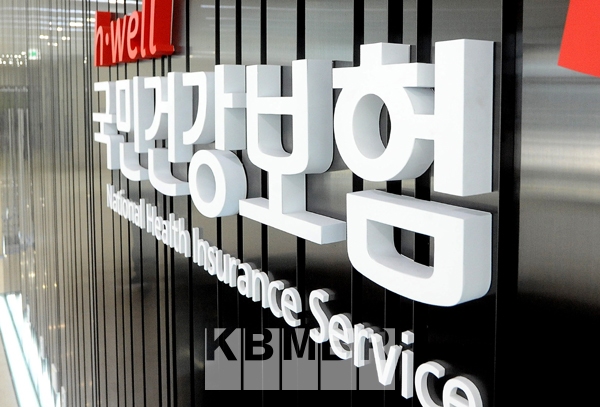According to the National Health Insurance Service (NHIS), only the Chinese population among foreigners living in Korea experienced a surplus in health insurance benefits compared to premiums last year. This led to a deficit of 22.9 billion won ($17.6 million), while the financial balance remained positive for other foreign enrollees of national health insurance during the same period.

This is because there are still cases where some Chinese register as a dependent of an employed member immediately after arriving in Korea and leave with insurance benefits.
A dependent is a person whose livelihood is mainly dependent on a working child or family member. Currently, anyone who meets the income, asset, and dependency requirements set by NHIS, can register their family as a dependent without discrimination between Korean and foreign employees.
The problem is that it is difficult for foreigners to verify that they meet the income and asset requirements, so some foreign employed members use the loophole to add family members who do not live in Korea as dependents, and then bring them into Korea when they fall ill to receive health insurance benefits.
To prevent this from happening, an amendment passed the meeting of the National Assembly's Health and Welfare Committee on Sept. 21, requiring foreigners to stay in Korea for at least six months to be listed as dependent.
If the amendment passes the National Assembly plenary session, it is expected to be enforced as late as March next year.
However, applying the minimum period of stay to spouses and children under the age of 18 decided to make an exception, allowing them to obtain dependent status upon entry as they currently do.
But the size of the deficit is decreasing. It dropped from 150.9 billion won in 2018 to 98.7 billion won in 2019, to 23.9 billion won in 2020, and to 10.9 billion won in 2021.
The decrease in the deficit for Chinese citizens can be attributed to policy changes to the health insurance system for foreigners over the years.
In particular, since July 2019, the NHIS has tightened the conditions for enrollment in health insurance, requiring foreigners who come to Korea and stay for more than six months to enroll in national health insurance as local enrollees and pay the full premium unless they are employees or dependents.
Since then, premiums collected from foreign local enrollees have increased significantly, from 120.3 billion won in 2018 to 270.5 billion won in 2019, 406.9 billion won in 2020, 478.2 billion won in 2021, and 546 billion won in 2022.
The overall fiscal balance of health insurance for foreigners has shown a surplus every year, showing 232 billion won in 2018, 374 billion won in 2019, 575 billion won in 2020, 525 billion won in 2021, and 556 billion won in 2022.

